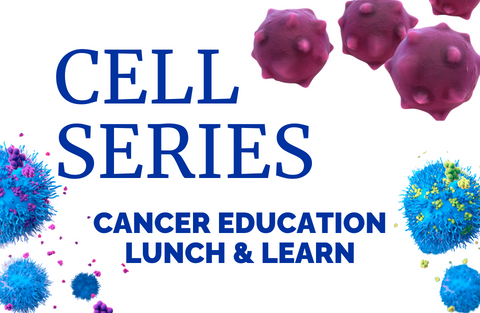NIH Pathways to Prevention Program: Nutrition as Prevention for Improved Cancer Health Outcomes
09 September, 2022
Guided by the key questions listed below, speakers in this P2P workshop will assess the scientific evidence on how nutritional interventions affect cancer health outcomes. After the workshop, an independent panel will draft a report on evidence gaps and identify priorities for future research.
- What is the effect of nutritional interventions before cancer treatment in preventing negative treatment outcomes (e.g., effects on dose tolerance, need for hospital care, and survival) in adults diagnosed with cancer who have or are at risk for cancer-associated malnutrition?
- What is the effect of nutritional interventions during cancer treatment in preventing negative treatment outcomes in adults diagnosed with cancer who have or are at risk for cancer-associated malnutrition?
- What is the effect of nutritional interventions on symptoms (e.g., fatigue, nausea and vomiting, appetite, physical and functional status, and quality of life) in adults who will be or are undergoing cancer treatment?
- In adults affected by excess weight or obesity, what is the effect of intentional weight loss before or during cancer treatment in preventing negative treatment outcomes?
- Are nutritional interventions for preventing negative outcomes of cancer treatment cost-effective? What evidence is needed to make the business case for providing nutritional intervention services in outpatient cancer centers?
Access the three workshop recordings here.
You May Also Like

CELL Series: Expanding Access to Cervical Cancer Screening: The Role of Self-Collection
03.12.2025
Join us for a discussion on the emerging role of self-collection for cervical cancer screening and its potential to improve access, especially in

Feeling like a ghost? You’re not alone.
01.09.2025
Have you heard of “cancer ghosting”?

You Can Make a Difference in Cancer Support
12.04.2024
Together with the Cancer Support Community, we are on a mission to improve cancer support for patients, caregivers, and survivors.